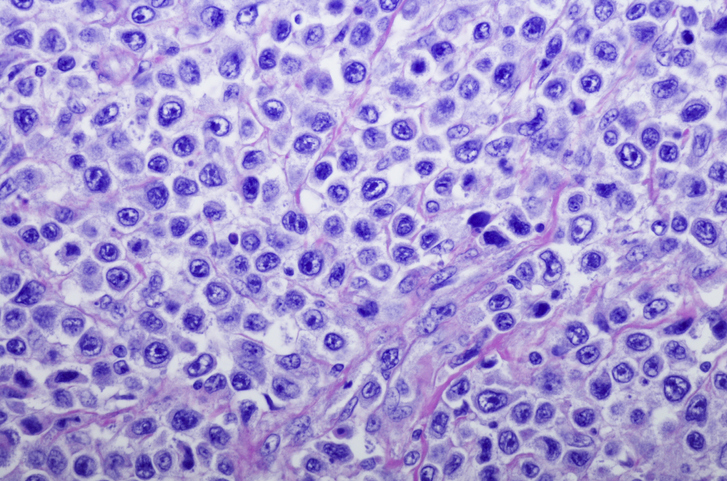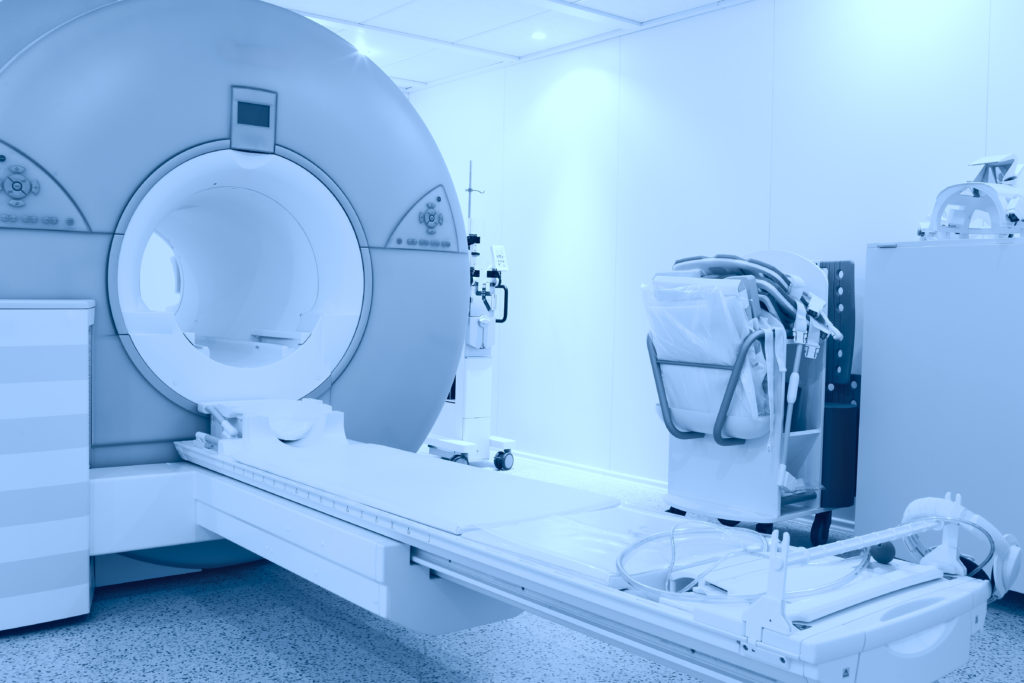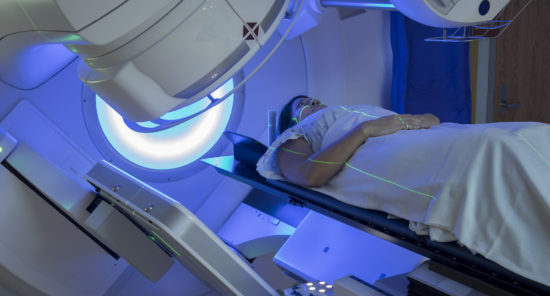It’s well known that smoking is a risk factor for several types of cancers. In smokers who do receive a cancer diagnosis, smoking cessation may help improve disease outcomes. One effective intervention to help cancer patients kick the habit may be a combination of sustained cessation telephone counseling plus medication treatment, according to an unblinded, randomized clinical trial.
The researchers compared the effectiveness of sustained telephone counseling and medication (intensive treatment) to that of shorter-term telephone counseling and medication advice (standard treatment).
Between November 2013 and July 2017, they recruited adult patients at Massachusetts General Hospital/Dana-Farber/Harvard Cancer Center and Memorial Sloan Kettering Cancer Center who had a 30-day history of smoking at least one cigarette and received a recent diagnosis of breast, gastrointestinal, genitourinary, gynecological, head and neck, lung, lymphoma, or melanoma cancers. Patients were randomly assigned to intensive treatment (n=153) or standard treatment (n=150). Both groups received four weekly telephone counseling sessions and medication advice. The intensive treatment group was also given four biweekly and three monthly telephone counseling sessions, as well as their choice of medication: nicotine replacement therapy, bupropion, or varenicline. After six months, biochemical testing was used to determine seven-day tobacco abstinence, which was the primary outcome; treatment utilization rates were also considered.
The mean age of the 303 randomized patients was 58.3 years, and 170 patients (56.1%) were female. About three-quarters of recruited patients (n=221; 78.1%) finished the trial. At six months, 34.5% of patients in the intensive treatment group and 21.5% in the standard treatment group had quit smoking (difference, 13%; 95% confidence interval [CI], 3.0%-23.3%; odds ratio [OR]=1.92; 95% CI, 1.13-3.27; P<0.02). The intensive group completed a median (interquartile range) 8 (4-11) sessions. Patients in the intensive treatment group were more likely than those in the standard treatment group to use cessation medication (77.0% vs. 59.1%; difference, 17.9%; 95% CI, 6.3%-29.5%; OR=2.31; 95% CI, 1.32-4.04; P=0.003). Adverse events in the intensive and standard treatment groups included nausea (n=13 and n=6, respectively), rash (n=4 and n=1, respectively), hiccups (n=4 and n=1, respectively), mouth irritation (n=4 and n=0, respectively), difficulty sleeping (n=3 and n=2, respectively), and vivid dreams (n=3 and n=2, respectively).
The study was published in JAMA.
The researchers called for future studies to confirm the generalizability of their findings.
Credit: Original article published here.










